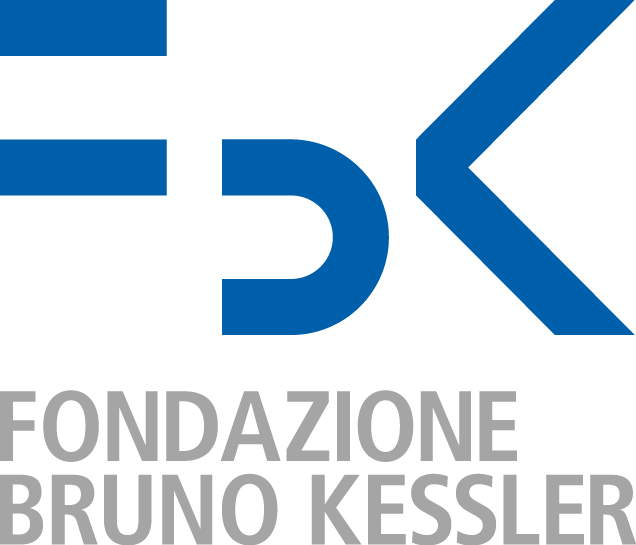Continuum Functional Methods for QCD at New Generation Facilities
Meeting room
ECT* - Villa Tambosi
Continuum Functional Methods for QCD at New Generation Facilities
The last decade has seen a dramatic change in the way we understand the structure of hadrons. Advances in the use of nonperturbative continuum functional methods (NpCFMs) for the boundstate problem in QCD, particularly Dyson-Schwinger equations, have played a key role in these developments. The future promises new challenges and opportunities with, e.g. JLab now operating at 12 GeV, a science case being developed for an electron ion collider, discoveries with the LHCb detector at CERN, and high-precision data anticipated from next-generation e- e+ colliders. The use of NpCFMs has spread into all these areas; and great potential exists for additional growth and expanded, insightful leadership. This meeting will therefore gather a subset of the international NpCFM community to undertake a critical review of existing opportunities, consolidating facts, and theref rom develop a coherent five-year plan for contributing toward the advancement of strong-QCD physics in this new era of rapid growth.
Main Topics
- Explore means by which the in-hadron gluon condensate can be calculated and related to the emergence of mass in the Standard Model.
- Consider how experience gained in analysing the hybrid meson spectrum can be exploited in delivering predictions for glueball masses.
- Introduce methods for delivering nucleon elastic and transition form factors on the entire domain of photon virtuality that will be explored at JLab 12.
- Discuss techniques enabling predictions for the pointwise behaviour of hadron GPDs and TMDs; and, consequently, hadron Wigner functions.
- Discuss extensions of Poincaré-covariant Faddeev equation studies to the prediction of form factors necessary in treating neutrino-nucleus scattering, as relevant to neutrino oscillation experiments.
- Explain how NpCFMs can be used to develop quantum mechanics models for tetra- and penta- quarks.

